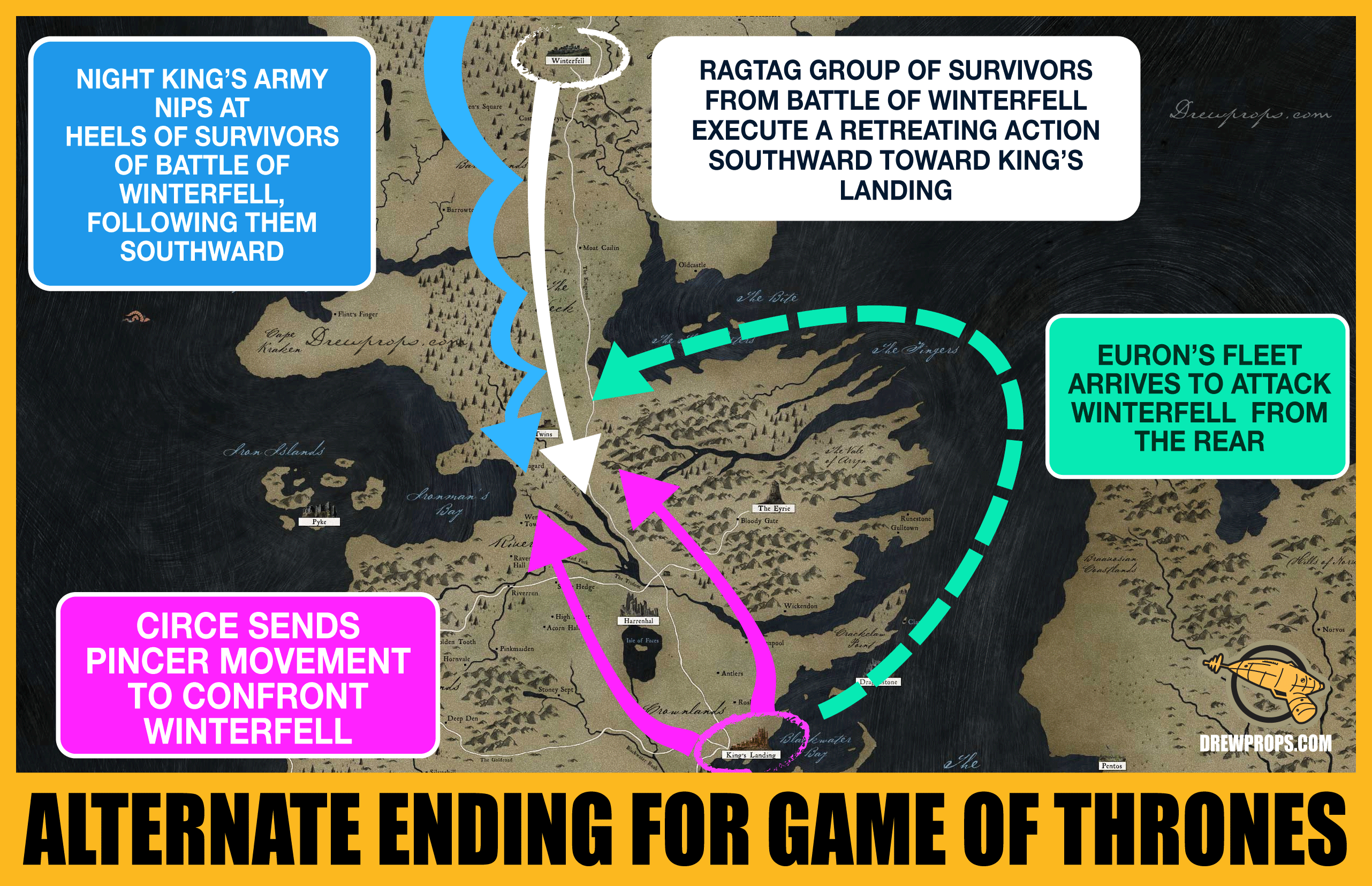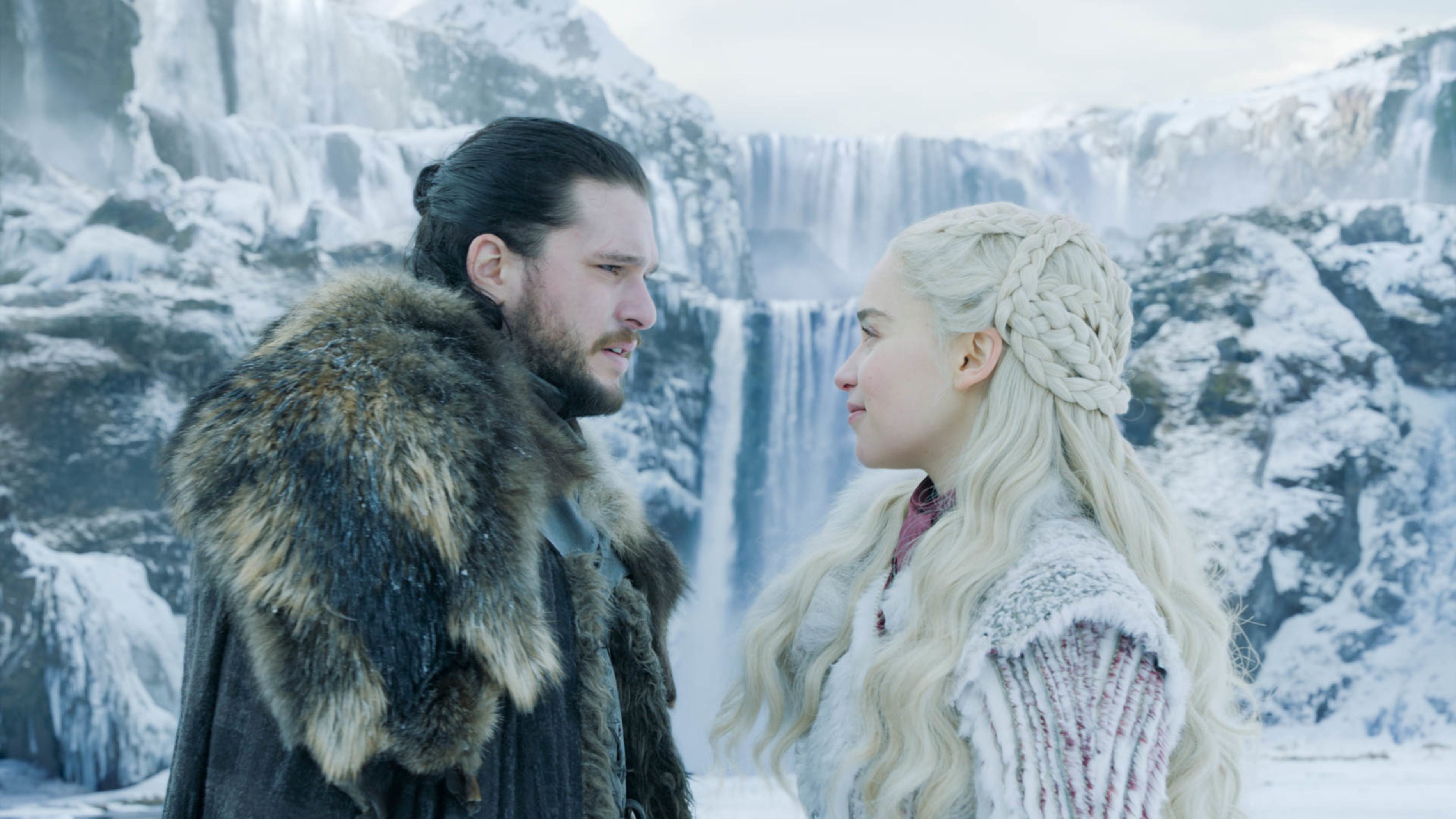When HBO aired the final season of Game of Thrones in 2019, it sparked a firestorm of reactions from fans and critics alike. The controversial conclusion reflecting on the ending of Game of Thrones left many viewers dissatisfied, questioning the choices made by the showrunners. Despite its record-breaking viewership and cultural impact, the finale was met with a mix of shock, disappointment, and even anger. Was it the rushed pacing? The character arcs that seemed to veer off course? Or perhaps the lack of closure for beloved characters? These questions continue to fuel debates years after the show’s conclusion.
Game of Thrones had always been a series that thrived on unpredictability. From its shocking twists to its morally gray characters, the show set a high bar for storytelling. However, the final season seemed to break away from the intricate plotting that had defined earlier seasons. Instead of the slow-burn political intrigue and character development fans had come to love, the finale opted for a faster pace and more straightforward resolutions. This shift left many feeling that the story had been robbed of its depth and complexity.
As the dust settled, the conversation around the show’s ending evolved into something larger. It became a case study in how high-stakes storytelling can either captivate or alienate its audience. The controversial conclusion reflecting on the ending of Game of Thrones serves as a reminder of the delicate balance creators must strike between staying true to their vision and meeting audience expectations. In this article, we’ll explore the factors that contributed to the backlash, analyze fan reactions, and reflect on what this means for future storytelling in the fantasy genre.
Read also:Gloria Bell Karl Malone Unveiling The Life And Legacy Of A Remarkable Figure
Table of Contents
- Why Was the Ending So Controversial?
- What Went Wrong with the Character Arcs?
- How Did Fans React to the Finale?
- Could the Showrunners Have Done Better?
- What Lessons Can Be Learned from This Ending?
- How Does the Book’s Ending Differ from the Show?
- Why Do Fans Still Care About Game of Thrones?
- What Lies Ahead for the Franchise?
Why Was the Ending So Controversial?
The controversial conclusion reflecting on the ending of Game of Thrones is often attributed to a combination of factors that left viewers feeling disconnected from the story they had invested in for nearly a decade. One of the most cited reasons is the pacing of the final season, which consisted of only six episodes compared to the usual ten. This condensed format forced the narrative to sprint toward its conclusion, leaving little room for the nuanced storytelling that had been a hallmark of the series.
Additionally, several key plot decisions were met with skepticism. For instance, Daenerys Targaryen’s transformation into the "Mad Queen" felt abrupt to many fans. Her descent into tyranny was portrayed in a matter of episodes, undermining years of character development that had painted her as a liberator and breaker of chains. Similarly, Bran Stark’s ascension to the Iron Throne was seen as anticlimactic by some, as his role in the story had been relatively passive compared to other characters.
Another factor contributing to the controversy was the lack of closure for certain characters. Fans were left wondering about the fates of figures like Jaime Lannister, who seemingly abandoned his redemption arc, and Drogon, Daenerys’s dragon, whose final destination remains a mystery. These unresolved threads added to the sense that the story had been left incomplete.
How Did the Pacing Impact the Story?
The rushed pacing of the final season was a major sticking point for many viewers. Instead of the slow, methodical build-up fans had come to expect, the last episodes felt like a race to the finish line. This left little time for character motivations to be explored or for the stakes to feel earned.
What Were the Key Moments That Felt Rushed?
- The Battle of Winterfell, which was hyped as the culmination of years of tension between the living and the dead, was resolved in a single episode.
- Daenerys’s decision to burn King’s Landing was presented with minimal buildup, leaving many viewers questioning her motivations.
- The council meeting to decide the fate of the Iron Throne felt like an afterthought, with Bran’s selection coming across as arbitrary.
What Went Wrong with the Character Arcs?
Character development is the backbone of any great story, and Game of Thrones had always excelled in this area. However, the controversial conclusion reflecting on the ending of Game of Thrones revealed cracks in the foundation of several key arcs. Characters who had been meticulously crafted over eight seasons seemed to lose their depth in the final stretch.
Take Daenerys Targaryen, for example. Her journey from an exiled princess to a powerful queen was one of the most compelling aspects of the series. Yet, her transformation into a tyrant felt unearned to many. The showrunners attempted to justify her actions through her family’s history of madness, but this explanation fell flat for viewers who had invested in her as a hero.
Read also:Everything You Need To Know About Ullu Web Series 300mb Download Watch And Enjoy
Similarly, Jaime Lannister’s arc ended on a confusing note. After spending years breaking free from his toxic relationship with Cersei, he returned to her in the final season, only to die alongside her in the Red Keep. This decision felt like a betrayal of the growth he had shown throughout the series.
Why Did Fans Feel Betrayed by These Choices?
Fans felt betrayed because the characters they had grown to love seemed to act out of character in the final season. The decisions made by the showrunners contradicted the established personalities and motivations of these figures, leaving viewers disconnected from their fates.
Which Characters Had the Most Disappointing Endings?
- Daenerys Targaryen, whose fall from grace felt rushed and unconvincing.
- Jaime Lannister, whose redemption arc was abruptly undone.
- Sansa Stark, who was given a satisfying ending but felt underutilized in the final episodes.
How Did Fans React to the Finale?
The reaction to the finale of Game of Thrones was nothing short of explosive. Social media platforms were flooded with memes, hot takes, and petitions demanding a remake of the final season. The controversial conclusion reflecting on the ending of Game of Thrones became a cultural phenomenon, with fans expressing their disappointment in creative and often humorous ways.
One of the most notable reactions was a Change.org petition calling for HBO to remake the final season with different writers. The petition garnered over a million signatures, underscoring the depth of fan dissatisfaction. Memes mocking Bran’s ascension to the throne and Daenerys’s fiery rampage became viral sensations, further fueling the backlash.
Despite the negative reactions, some fans defended the finale, arguing that it stayed true to the show’s theme of subverting expectations. They pointed out that George R.R. Martin, the author of the book series, had always intended for the story to end on a bittersweet note. This divide among fans highlighted the polarizing nature of the conclusion.
What Were the Most Memorable Fan Reactions?
From viral memes to heartfelt essays, fans found countless ways to express their feelings about the finale. Some of the most memorable reactions included comparisons to other fantasy series, humorous edits of key scenes, and even fan fiction offering alternative endings.
How Did Social Media Amplify the Backlash?
Social media played a crucial role in amplifying the backlash. Platforms like Twitter and Reddit became hubs for discussion, allowing fans to share their thoughts and organize collective actions like the Change.org petition.
Could the Showrunners Have Done Better?
One of the most debated questions surrounding the controversial conclusion reflecting on the ending of Game of Thrones is whether the showrunners, David Benioff and D.B. Weiss, could have handled the final season differently. Critics argue that the duo, who had never written a fantasy series before, struggled to adapt George R.R. Martin’s complex world into a satisfying conclusion.
One suggestion is that the final season could have benefited from additional episodes. Expanding the season from six to ten episodes would have allowed for more breathing room, giving the writers time to flesh out character arcs and explore the consequences of major plot points. Another idea is that the showrunners could have collaborated more closely with Martin, who has yet to complete his book series.
Ultimately, hindsight is 20/20, and while it’s impossible to know how different creative choices might have impacted the finale, it’s clear that the showrunners faced an uphill battle in satisfying such a passionate fanbase.
What Were the Showrunners’ Biggest Mistakes?
Among the showrunners’ biggest mistakes were the rushed pacing, inconsistent character development, and reliance on shock value over meaningful storytelling.
How Could Collaboration with George R.R. Martin Have Helped?
Collaboration with Martin could have provided the showrunners with deeper insights into the characters and themes of the story, potentially leading to a more cohesive and satisfying conclusion.
What Lessons Can Be Learned from This Ending?
The controversial conclusion reflecting on the ending of Game of Thrones offers valuable lessons for creators in the entertainment industry. One key takeaway is the importance of pacing and structure in storytelling. Rushing toward a conclusion can undermine even the most well-crafted narratives, leaving audiences feeling disconnected.
Another lesson is the need to stay true to character motivations. Viewers invest in stories because they care about the characters, and when those characters act out of character, it can break the suspension of disbelief. Finally, the backlash highlights the challenges of adapting complex source material, especially when the original work remains unfinished.
How Can Future Shows Avoid Similar Pitfalls?
Future shows can avoid similar pitfalls by prioritizing character development, maintaining consistent pacing, and collaborating closely with the original creators when adapting source material.
What Role Does Fan Expectation Play in Storytelling?
Fan expectations can be both a blessing and a curse. While they can drive engagement and excitement, they can also create unrealistic demands that are difficult to meet.
How Does the Book’s Ending Differ from the Show?
One of the most intriguing aspects of the controversial conclusion reflecting on the ending of Game of Thrones is the question of how George R.R. Martin’s books will differ from the show. Martin has stated that his ending will be bittersweet, but he has yet to reveal whether it will align with the show’s conclusion.
Fans speculate that the books may offer more closure for certain characters and explore themes that were glossed over in the show. For example, Martin might delve deeper into the political machinations of Westeros or provide more insight into Daenerys’s motivations.
Will the Books Redeem the Show’s Ending?
While it’s impossible to say for certain, the books have the potential to offer a more satisfying conclusion by addressing the unresolved threads and character arcs that left fans dissatisfied.
What Can Readers Expect from the Final Books?
Readers can expect a more detailed exploration of the characters and themes, as well as a deeper dive into the world-building that made the series so beloved.
Why Do Fans Still Care About Game of Thrones?
Despite the backlash, the controversial conclusion reflecting on the ending of Game of Thrones has not diminished the series’ cultural impact. Fans continue to engage with the show through fan fiction, podcasts, and online discussions, proving that its legacy endures.
One reason for this enduring interest is the show’s groundbreaking achievements. From its stunning visuals to its groundbreaking approach to storytelling, Game of Thrones set a new standard for fantasy television. Additionally, the characters and themes of the series remain relevant, resonating with audiences on a deeper level.
What Makes Game of Thrones So Memorable?
The show’s memorable qualities include its complex characters, intricate plotting, and willingness to take risks, even if those risks sometimes backfired.
How Has the Show Influenced Pop Culture?
Game of

